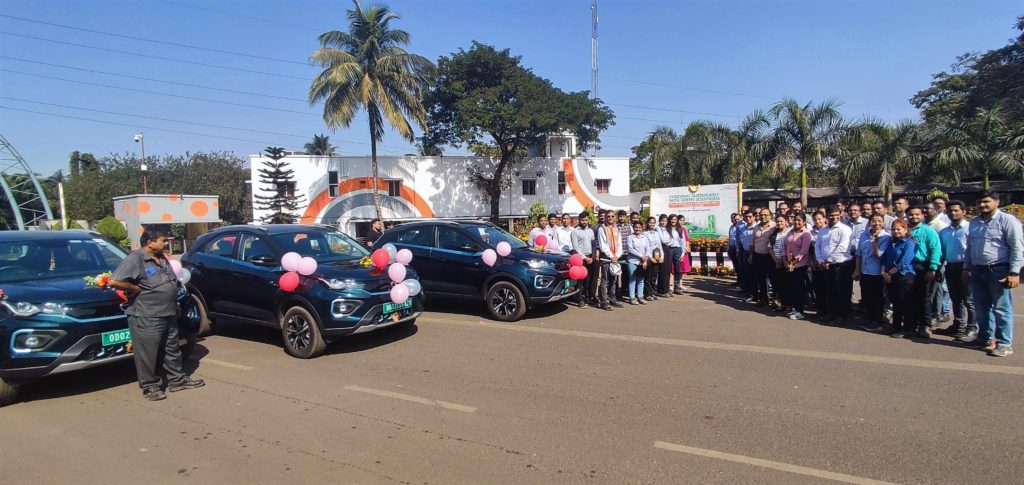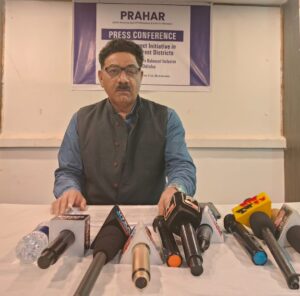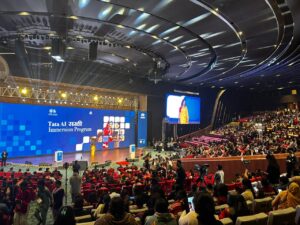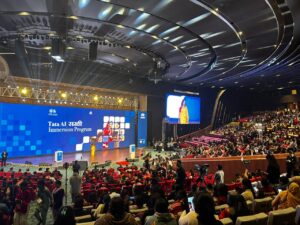Jindal Stainless introduces Electric Vehicles in its plant, cements commitment to Sustainability

Jajpur, December 15, 2022: India’s leading stainless steel manufacturer, Jindal Stainless has introduced electric vehicles for employee commuting in its manufacturing facility at Jajpur, Odisha today. Unit Head, Jajpur, Mr Deepak Agarwal flagged off 4 Tata Nexon EV Max on December 14, celebrated worldwide as Energy Conservation Day, in the presence of Head, Energy, Jajpur, Mr Kalyan Bhattacherjee and other senior officials of the company.
Commending this initiative, Managing Director, Jindal Stainless, Mr Abhyuday Jindal said, “Our aim is to build a remarkable business on the foundation of sustainability. We reduced 1.4 lakh tonnes of CO2 in the last financial year and are determined to achieve net zero emissions by 2050. We are developing a comprehensive roadmap to reach this goal. Introducing electric vehicles in our plants is a part of our fleet decarbonisation initiative. Jindal Stainless intends to become not just the best in stainless steel manufacturing, but the best in sustainable stainless steel manufacturing.”
Commenting on the occasion, Unit Head, Jindal Stainless, Jajpur, Mr Deepak Agarwal said, “Along with the introduction of Electric Vehicles, Jindal Stainless has taken up many initiatives towards a sustainable path for expansion. We committed to power future growth through renewable sources of energy and have already started investing in solar and wind energy.”
The annual carbon emission reduction with the usage of these 4 vehicles is estimated to be 54 TCO2. Jindal Stainless, Jajpur plans to induct 30 electric cars and buses into its fleet in the near future. The Company has been working relentlessly towards achieving achieve its Environmental, Social, and Governance (ESG) goals and transition to sustainable manufacturing. Furthering this cause, Jindal Stainless has undertaken mega decarbonization projects such as becoming a partner in setting up a 300 MW of hybrid renewable energy project, setting up floating solar plants, recovering energy through Waste Heat Recovery Boilers, and switching to rail from road for logistics, apart from rolling out of EVs in its plant.





